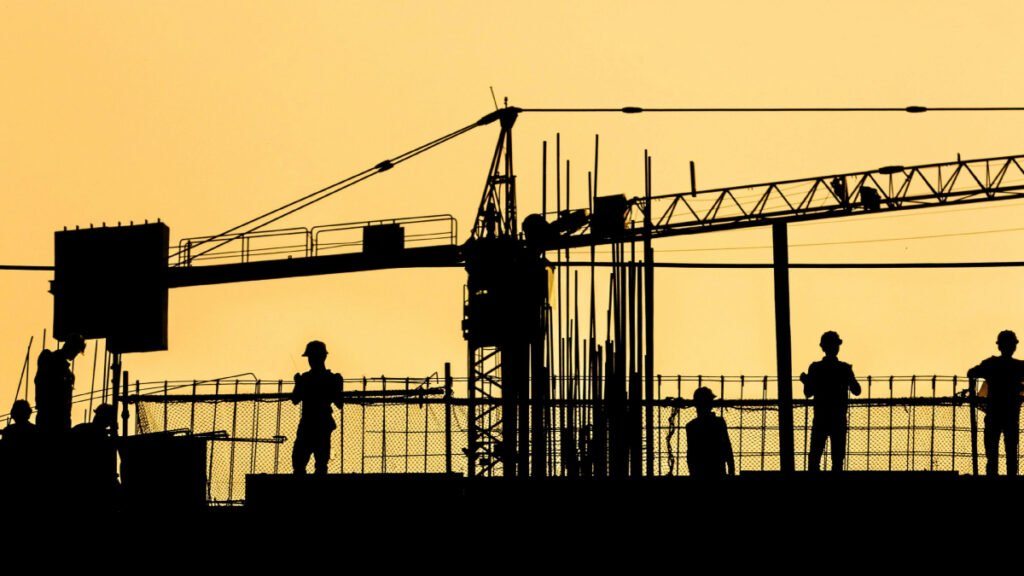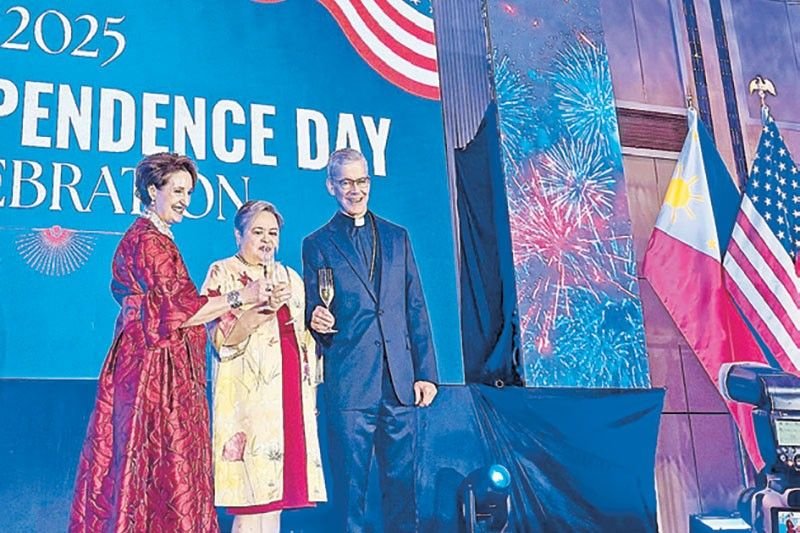A U.S. federal court has allowed a landmark human trafficking case filed by dozens of Filipino workers against two American engineering firms involved in Qatar’s World Cup stadium construction to move forward, a decision seen as a major step in holding corporations accountable for labor abuses abroad.
On June 26, Magistrate Judge Cyrus Chung in Colorado ruled that the case FC v. Jacobs Solutions Inc. can proceed under the Trafficking Victims Protection Reauthorization Act (TVPRA), opening the door for the Filipino workers to seek justice for alleged abuse while working on the massive infrastructure projects linked to the 2022 FIFA World Cup.
The workers accuse Texas-based Jacobs Engineering and Colorado-based CH2M Hill of turning a blind eye to forced labor, overcrowded and unsanitary housing, excessive work hours, and passport confiscation — practices they say mirror Qatar’s controversial kafala system, which severely restricts workers’ rights.
Although the men were not directly employed by the two U.S. companies, the complaint argues Jacobs and its subsidiary CH2M were deeply involved in managing the projects, giving them oversight and responsibility for ensuring labor standards were upheld across contractors.
“Jacobs is committed to the human rights and dignity of those within our operations and where we do business,” the company said in a statement, adding it prioritizes health, safety, and worker wellbeing through partnerships with clients and suppliers.
The workers, represented anonymously for safety, say their passports were seized, making it nearly impossible to return home or escape exploitative conditions. They are seeking compensation for unpaid wages, damages under U.S. anti-trafficking law, and punitive damages for what they describe as egregious exploitation.
While claims against Qatari employers were dismissed due to jurisdictional issues, Judge Chung’s ruling affirms that U.S. courts have the authority to hear trafficking cases involving American firms operating abroad, a point underscored by the court’s application of U.S. Code §§ 1595 and 1596.
Legal experts say the case could set a precedent for corporate responsibility in international labor ventures. Ben Golin of the University of Nevada School of Law noted that the potential damages could reach millions, signaling a shift in how U.S. companies are held accountable when abuses occur in their overseas operations.
Despite Qatar introducing reforms in recent years — including a minimum wage, removal of job change restrictions, and wage protection mechanisms — human rights advocates maintain that abuses remain widespread and systemic.












